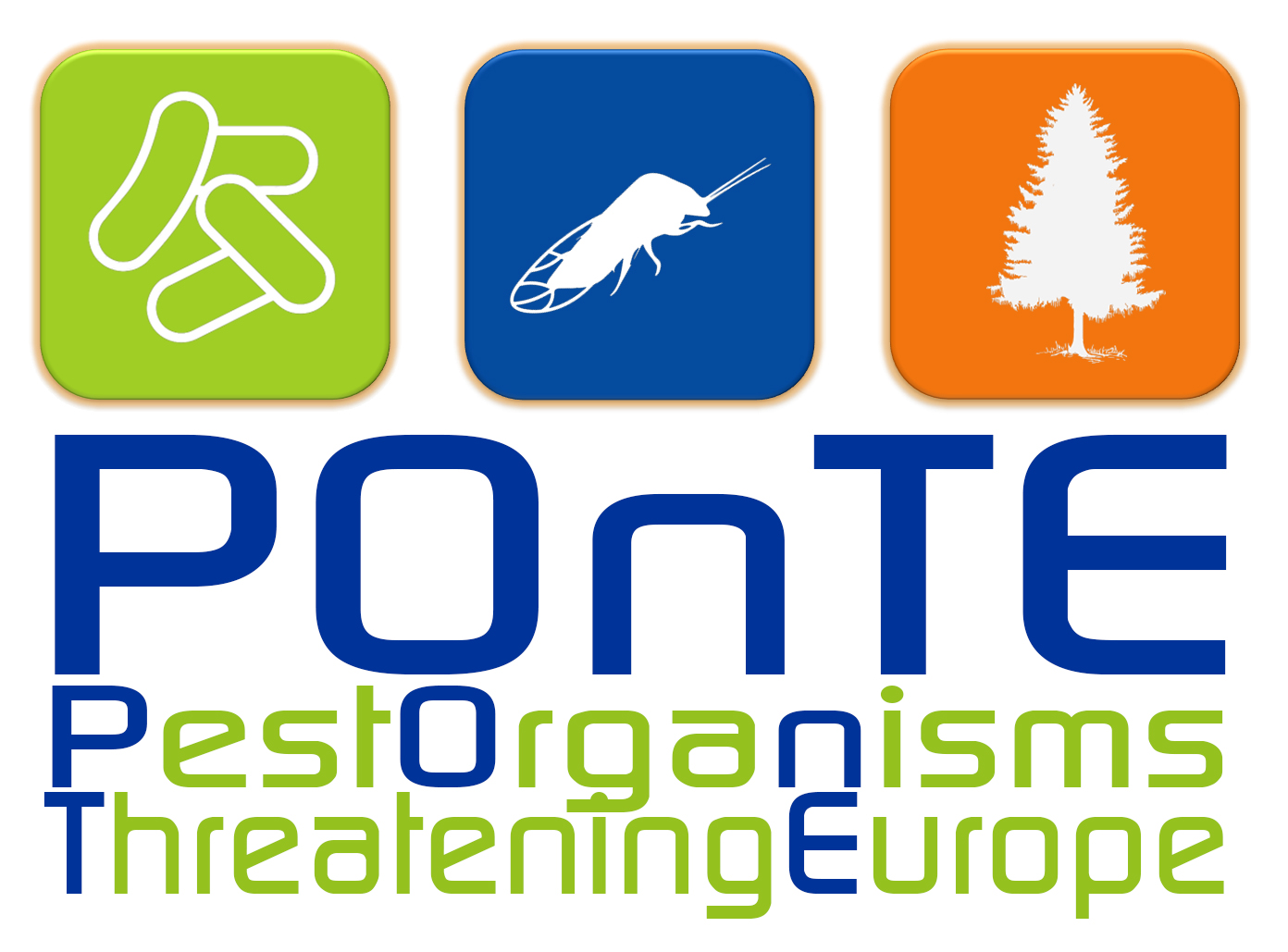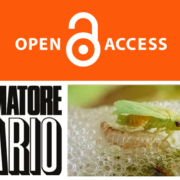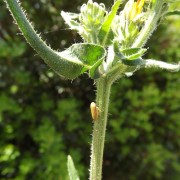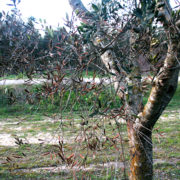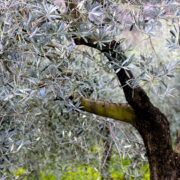Sputacchina dell’olivo, insetticidi a confronto
Authors
C. Dongiovanni (1), G. Fumarola (1), M. Di Carolo (1), D. Tauro (1), A. Ciniero (1), G. Altamura (2), F. Palmisano (1), M.R. Silletti (1), P. Pollastro (1), V. Cavalieri (2)
Affiliations
(1) Centro di Ricerca, Sperimentazione e Formazione in Agricoltura Basile Caramia, Via Cisternino, Locorotondo (Bari), Italy.
(2) CNR – Istituto per la Protezione Sostenibile delle Piante, SS Bari, Via Amendola, Bari, Italy.
Abstract
La sperimentazione di campo condotta nel triennio 2015-2017 in Salento ha permesso di valutare l’effi cacia di diversi insetticidi naturali e di sintesi nei confronti di Philaenus spumarius (sputacchina), principale vettore di Xylella fastidiosa dell’olivo.
Le prove hanno evidenziato elevato potere abbattente e persistenza per oltre due settimane di piretroidi (deltametrina e lambda cialotrina) e neonicotinoidi (imidacloprid, tiametoxam e acetamiprid). Interessanti risultati (prove in corso) sono stati ottenuti con applicazioni a calendario di caolino su piante sane esposte per 2 anni a infezioni naturali di Xylella.
Si ricorda che a oggi sono registrati 1 formulato a base di acetamiprid (Epik SL) e 3 formulati a base di deltametrina (Decis Evo, Decis Easy e Decis Protect EW).
English translation
The field trials conducted in the three years 2015-2017 in Salento have allowed assessing the effectiveness of different natural and synthetic insecticides against Philaenus spumarius (spittlebug), the main vector of Xylella fastidiosa in olive.
Evidence showed high knockdown effect and persistence for more than two weeks of pyrethroids (deltamethrin and lambda-cyhalothrin) and neonicotinoids (imidacloprid, thiamethoxam and acetamiprid). Interesting results (trials in progress) have been obtained with calendar applications of kaolin on healthy plants exposed for 2 years to natural infections of Xylella.
It should be mentioned that to date, one formulation based on acetamiprid (Epik SL) and 3 formulations based on deltamethrin (Decis Evo, Decis Easy and Decis Protect EW) have been registered to control this spittlebug species on olives.
This work was partially funded by the Apulian Regional Project “Tapass» Technological Clusters and by the EU Horizon 2020-funded Projects “POnTE (Pest organisms threatening Europe, grant agreement n. 635646) and XF-Actors (Xylella fastidiosa active containment through a multidisciplinary-oriented research strategy, grant agreement n. 727987).
Published on June 21, 2018 by L’ INFORMATORE AGRARIO
